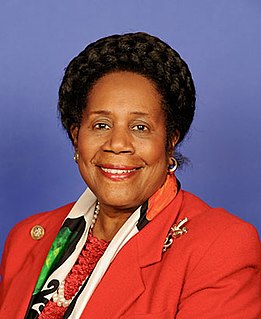A Quote by Patrisse Cullors
The Black Lives Matter National Network and the movement at large are sophisticated. We're not easily won over by talking points and campaign trail pledges. We want to see meaningful collaboration and a genuine transformation of American democracy.
Related Quotes
With the Black Lives Matter movement, a lot of the focus is on the protest and dissent. I'm hoping to dismantle the public notion - for folks outside of the community - of what Black Lives Matter means. It's really about saying that black lives matter: that humanity is the same when you go inside people's homes.
Capitalism, in my estimation, is not about democracy. I think we're beginning to see an understanding of this. We see it in the Black Lives Matter movement. We see it among black youth who are now struggling and trying to make connections internationally with other groups and trying to figure out what's going on in the world and the ways things like police violence and systemic violence all come together under neoliberalism.
I think that most people don't think in terms of an American revolution, they think in terms of a Russian revolution, or even a Ukrainian revolution. But the idea of an American revolution does not occur to most people. And when I came down to the movement milieu seventy-five years ago, the black movement was just starting, and the war in Europe had brought into being the "Double V for Victory" [campaign]: the idea was that we ought to win democracy abroad with democracy at home. And that was the beginning of an American revolution, and most people don't recognize that.

































